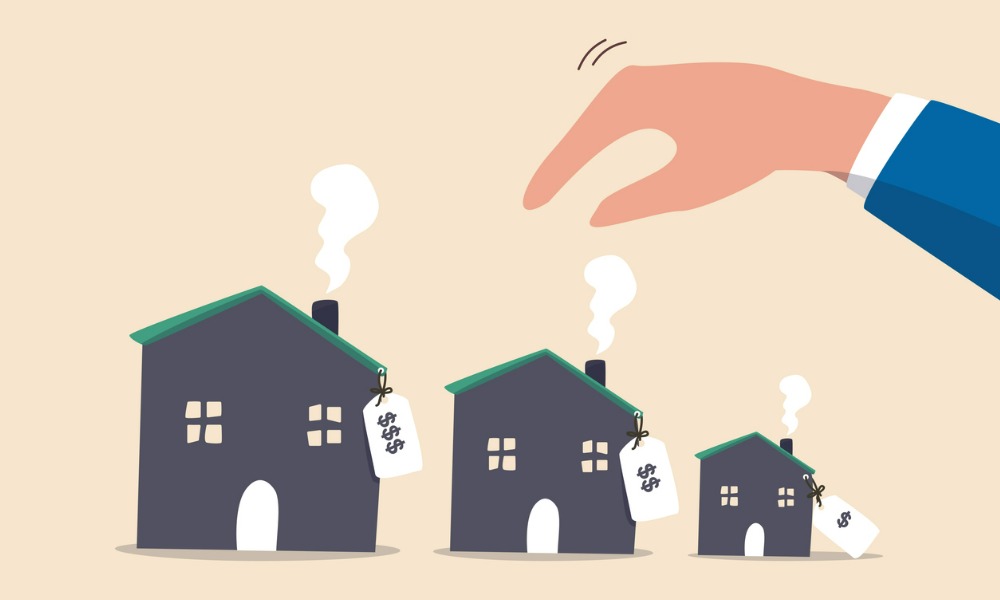The market’s income and economic fundamentals are having a hard time catching up with home price growth

Toronto’s housing affordability situation is reaching a “crisis point” amid a feverish pace of price growth that is showing no signs of being slowed down by the pandemic, according to local broker John Pasalis.
Pasalis, president of the Toronto-based brokerage Realosophy, pointed to the seeming inability of wages and economic fundamentals to keep up with home prices as a major factor in many prospective buyers’ decisions to simply avoid Toronto altogether.
“People are frustrated; I mean, if you’re making, [as] a household in the [Greater Toronto Area], $120,000, $130,000 a year, the reality is you can’t buy a home for your family,” Pasalis said in an interview with BNN Bloomberg. “You can’t afford a three-bedroom home on that income, even though it’s well above the median household income, because there are just no homes under that $700,000 price range.”
Read more: The highs and lows of the Toronto housing market
This grim outlook is seemingly supported by the latest market data, which showed the region’s average home price growing by 12.6% annually to reach approximately $1.062 million in July. During the same period, Toronto’s active listings went down by 35.2%.
“The annual rate of price growth has moderated since the early spring, but has remained in the double digits,” said Jason Mercer, chief market analyst at the Toronto Regional Real Estate Board. “This means that many households are still competing very hard to reach a deal on a home. This strong upward pressure on home prices will be sustained in the absence of more supply, especially as we see a resurgence in population growth moving into 2022.”
Any measures intended to address the fundamental problem of affordability should take into account this accelerated increase in population, Pasalis said.
“Our population is growing at a faster rate than we can actually build homes,” Pasalis said. “I think these are some of the tensions that the federal government needs to look at when it thinks about how to slow down this rapid appreciation in home prices.”



